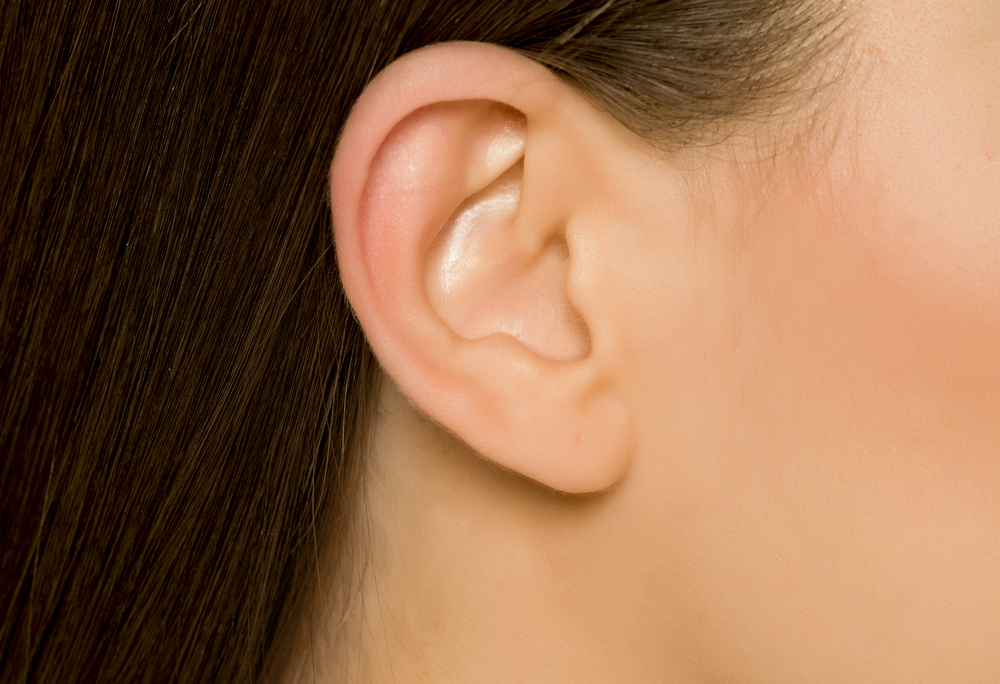Ear surgery, otherwise known as otoplasty, is a procedure designed to improve the appearance or functionality of the ears. We are excited to offer it at The Institute of Aesthetic Surgery in Celebration, FL because we are passionate about helping our clients feel as confident in their appearance as possible. If you feel like your ears are too big, wish your ears were closer to your head, or dislike the shape of your ears, you may qualify for surgery. Read on to learn more.
Who Is a Good Candidate for Ear Surgery?
This procedure is generally considered appropriate for individuals with ears that are at least 90% fully developed. The age at which a child’s ears are developed enough to qualify for this procedure depends on their sex, diet, and other factors. However, this procedure is often performed on children who are between the ages of five and seven.
Generally, adults who are considering this procedure because they are concerned about the appearance of their ears should be non-smokers. This is primarily because smokers tend to not be healthy enough for surgery. If you are a smoker and healthy enough to undergo ear surgery, you need to be willing to abstain from nicotine consumption during your preparation and recovery.
How Should I Prepare for This Procedure?
Make Lifestyle Modifications
You may need to make certain lifestyle modifications prior to otoplasty. For example, if you are a smoker, you will need to not consume any nicotine-containing products for two weeks prior to surgery. It is also crucial that you do not consume alcohol in the two weeks leading up to your procedure. Additionally, you will not be able to take any medications or supplements that can thin your blood or impede clotting.
During your initial consultation, we will advise you on what type of anesthetic will be appropriate for you. If your heart and lungs are healthy and there are several significant changes that need to be made to your ears, general anesthesia will probably be the best fit for you. If you need a general anesthetic, you will need to fast for eight hours prior to surgery and dry fast for two hours.
Prepare for Your Recovery
It is very important that you follow all preparation guidelines required to ensure that your procedure will go smoothly. However, it is not just the day of your procedure that you should prepare for. There are also several steps you should take to prepare for your recovery. During your procedure, you will receive drugs that will sedate you. These drugs can impair your alertness for up to 24 hours. Therefore, it will not be safe for you to drive home after surgery.
You need to make sure that you have someone to drive you to your procedure and take you home afterward. Additionally, it is a good idea to arrange for someone to stay with you for at least one to three days after surgery to help you care for yourself. You will not be able to bend over, push, or pull anything weighing over 10 pounds, or exert yourself too much. Moreover, you should get your prescriptions filled prior to surgery.
How Long Should I Expect My Recovery To Take?
Otoplasty recovery timelines vary, but you can expect to be back to work or school within a week or two of surgery. In fact, some people can resume a lot of their usual routine just three to five days after ear surgery. However, there are several restrictions and many things you should do to help your recovery go as smoothly as possible.
What Can I Do To Recover Faster?
Get Plenty of Deep Sleep
One of the best things you can do to recover from your ear surgery faster is to get plenty of quality rest. Your body heals most efficiently during the deepest stage of the sleep cycle, so you should do everything you can to spend as much time as possible in this sleep stage. Ideally, you should sleep for at least 7.5 consecutive hours nightly. If you find yourself waking up throughout the night, try to determine what it is that is keeping you from sleeping soundly.
If you wake up because you have to urinate, stop drinking a couple of hours before bed, reduce your potassium intake a bit, or try to eat a little more sodium. If you wake up because you are uncomfortably hot, consider putting a fan in your window to keep your bedroom cool. Also, note that it is a good idea to let yourself wake up naturally. You may want to put light-blocking curtains in your room so that you are not awoken by sunlight.
Stay Hydrated and Eat Nutritiously
Your diet can also affect the rate at which you recover from surgery. If you want to heal as quickly as possible, you need to ensure that you are consuming enough water and other hydrating fluids that your urine is pale. If you feel like you can’t stomach drinking any more plain water, you can drink water infused with fruit juice, eat water-rich fruits and vegetables, have a broth-based soup, or drink some tea or coffee.
The most important macronutrient for your recovery is protein. If you don’t eat enough protein, your skin won’t have the three essential amino acids it needs to produce and fuel collagen so that it can heal itself. It is also very important that you get plenty of vitamin C and zinc in your diet for the sake of a rapid recovery. Furthermore, depending on what analgesics you take after your procedure, you may want to increase your soluble fiber intake temporarily.
Take All Medications As Directed
You will be prescribed analgesics and antibiotics before your procedure. It is essential that you take the complete course of antibiotics exactly as directed to heal as quickly as possible. This is important because it mitigates the risk of infection after your procedure. If you get sick after surgery, a lot of your body’s energy will be devoted to fighting the illness, slowing the rate at which your skin heals.
Note that you should also be careful about your analgesic usage. You should not take NSAIDs, like ibuprofen, until your surgeon clears it. Additionally, you should not exceed the daily dosage of any painkillers that are prescribed to you.
Exercise Gently
You can also help to speed along your recovery process by exercising gently once you are feeling up to it. During the first 24 hours post-op, you will probably want to rest on the ground floor of your home with your ears kept elevated above your heart. If you are not sitting in a recliner, your head should be propped up with at least two firm pillows, and you should make sure that your neck is properly supported, too.
However, roughly a day after your procedure, you should feel up to walking around. If you are, do what you can to get at least 30 minutes of gentle walking to help support your circulatory system. It is important to support your circulatory system because it delivers your skin all of the oxygen, growth factors, and nutrients it needs to heal itself.
How Long Will My Procedure Take?
We will advise you on how long you can expect your procedure to take during your procedure. If you only have mild or moderate cosmetic concerns, your procedure will probably be completed in only an hour. However, if you have severe ear-related concerns, it may take closer to two hours to improve the appearance or functionality of your ears.
Before your procedure begins, we will verify that your skin is not irritated and you are healthy enough to undergo surgery. Then, we will sterilize the incision sites and ensure that you don’t feel any pain during your procedure. After that, we will make small incisions through which we will manipulate your cartilage to enhance the appearance of the ears.
Schedule Your Initial Consultation Today
You may be considered a good candidate for ear surgery if you are concerned about your ears’ size, shape, or positioning. Ear problems are commonly congenital, but this procedure can also benefit healthy adults who develop ear concerns after an accident later in life. If you think you could benefit from otoplasty, get in touch with us now at The Institute of Aesthetic Surgery in Celebration, FL to schedule a consultation.


